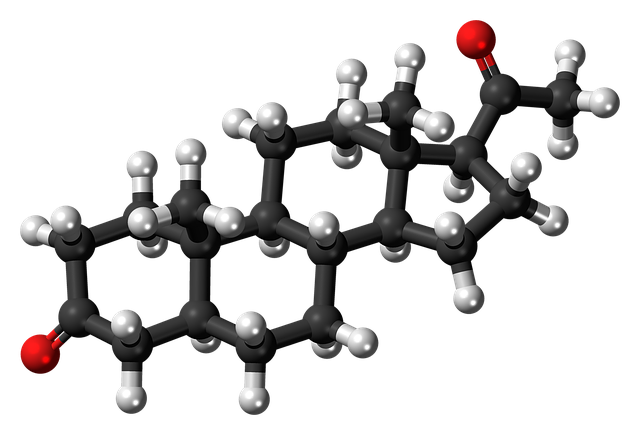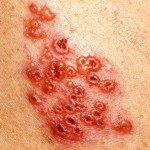With celebrities like Oprah Winfrey and and Suzanne Somers
Bringing bioidentical HRT into the spotlight, many women experiencing menopause ask if bioidentical hormone therapy (bHRT) is right for them. Bioidentical hormones are reported to relieve the symptoms of menopause, making the woman feel more youthful.

Many menopausal women who undergo bioidentical HRT have found success, especially when the therapy is customized to meet each patient’s individual needs. There are many different forms of bHRT that work in different ways, and each woman responds according to her unique physiology. And it’s also important to understand that while bioidentical hormones can provide amazing results in some women, others need more support — or different kinds of support — to get the same relief.
Bioidentical hormones describe a particular type of hormone that is manufactured in a lab and designed to possess the same molecular structure as the hormones made by a woman’s own body. These are not the same as synthetic hormones that are manufactured and distributed under names such as Premarin, Prempro and Provera.
Even though bioidentical hormones have been around for decades, most practitioners are unfamiliar with them. Some private practice offices who have been using bHRT find that an individual approach provides the best results. They begin with laboratory tests of hormone levels (a so-called “hormone panel”). According to Marcelle Pick, OB/GYN NP, “they prescribe a precise dosage of bioidentical estrogens, progesterone, testosterone, and/or DHEA that is prepared at a registered compounding pharmacy. Each patient is then monitored carefully through regular follow-up hormone panels to ensure she gets symptom relief at the lowest possible dosage. In the initial stages, [they] will do a hormone panel every three months. Once balance is restored, [they will] do one panel a year at the time of the annual exam.”
Pick notes that bioidentical hormones are not necessarily the first place to turn when hormonal imbalances become a problem. In her experience, a number of menopausal women can rebalance their hormones without the use of drugs, and even without HRT in any form. She has found that approximately 85% of women in menopause can find relief through a natural approach that combines medical-grade nutritional supplements, gentle endocrine support, and dietary and lifestyle changes. This combination is a great way to build a foundation for better hormonal health.
One personal program has developed a “three-pronged approach [estrogen, progesterone, and testoterone] that supports a woman’s hormonal pathways upstream of where problems arise and develop into full-blown symptoms requiring stronger hormonal replacement therapy.” Even with this foundation, a minority of menopausal women will need to add prescription-strength hormone supplements to get complete relief, at least through a transition period.
Doctors who work with bHRT recommend that any hormone usage ought to be short-term unless essential for symptom relief, and then only with a complete risk assessment. They do not recommend that bHRT be used as a type of “fountain of youth”.
Are bioidentical hormones better than synthetic hormones? Many medical professionals believe that they are but that does not mean that they are perfect. Many menopausal patients appreciate that bioidentical hormones are natural, individually matched and easy for the body to metabolize, minimizing side effects. Synthetic hormones are quite strong and often produce intolerable side effects.
Are bioidentical hormones safer than synthetics? European medical studies seem to think so but it is important to note that they have not been well studied, especially for long-term use. And in any case, many doctors recommend that women never think of any drug as entirely safe.
For those patients who have breast cancer, low-dose bioidentical hormones are suggested. To learn more about bHRT for women experiencing menopause, click here.



